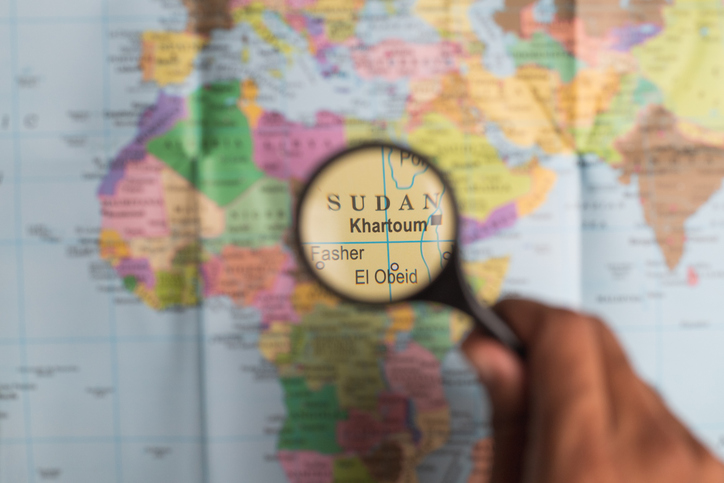Diplomats and senior United Nations officials have denounced widespread killings in the Sudanese city of El Fasher after Rapid Support Forces (RSF) fighters took full control this week.
An emergency session of the UN Security Council was convened on Thursday at the request of the UK, following mounting reports of ethinically targetted kilings the city.
The seizure of El Fasher is a significant moment in the war between the Sudanese Armed Forces (SAF), led by General Abdel Fattah al-Burhan, against the RSF.
The World Health Organization said hundreds of patients and medical staff were killed inside the Saudi maternity hospital in the city, citing information collected after the RSF announced its takeover on Sunday.
WHO director-general Tedros Adhanom Ghebreyesus said he was “appalled and deeply shocked” by the reports on X.
.@WHO is appalled and deeply shocked by reports of the tragic killing of more than 460 patients and companions at Saudi Maternity Hospital in El Fasher, #Sudan, following recent attacks and the abduction of health workers.
— Tedros Adhanom Ghebreyesus (@DrTedros) October 29, 2025
Prior to this latest attack, WHO has verified 185… pic.twitter.com/CbAjtqYUAh
Aid agencies and witnesses have reported that more than 2,000 civilians — including women and children — were killed in El Fasher over the weekend.
Civillians trapped in city
El Fasher had been encircled by tens of thousands of RSF fighters since April last year
Hospitals struggled to function under siege conditions, while the nearby Zamzam displacement camp — once home to tens of thousands of people — was devastated.
Aid organisations warn that more than 250,000 civilians trapped in the area are now at extreme risk of famine and further attacks.
The RSF said its takeover as a “decisive turning point” in the war, following months in which its forces lost territory to the SAF elsewhere in Sudan.
The conflict erupted in April 2023 during a power struggle between the the military regime broke out into open and quickly spread across the country.
Human rights groups say the violence has included sexual assaults, torture and targeted killings of members of non-Arab communities.
International monitors have described the assaults as potential war crimes and the violence has prompted renewed comparisons to the Darfur genocide of the 2000s. The RSF itself emerged from the Janjaweed militias accused of those atrocities.
















